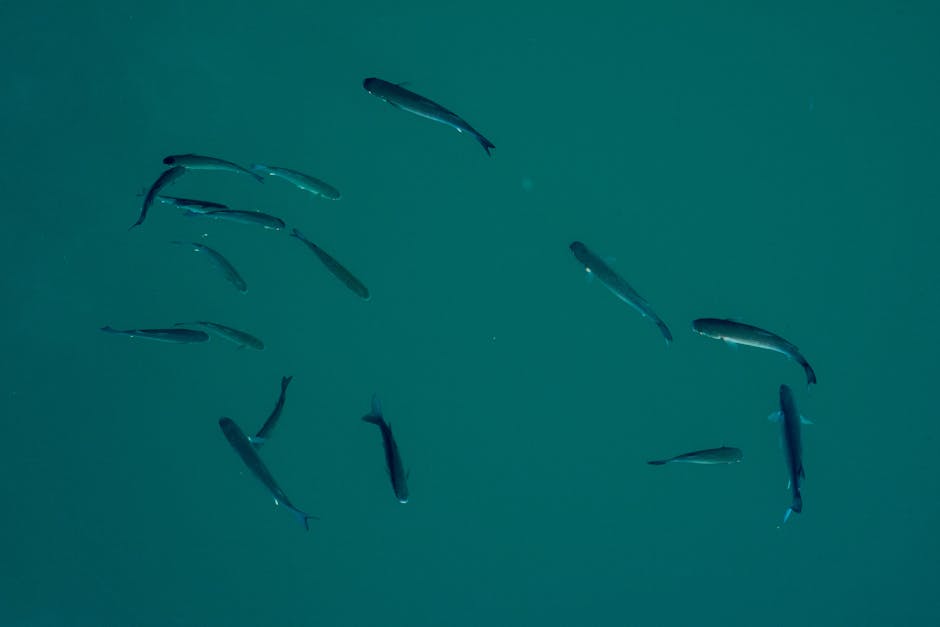The health of our oceans, crucial to global ecosystems and human well-being, is facing an unprecedented array of threats. Marine conservation, a multifaceted endeavor, confronts a complex web of challenges that span scientific understanding, political will, and practical implementation. This article delves into the intricacies of these difficulties, examining the factors hindering efforts to safeguard marine biodiversity and ensure the long-term sustainability of our oceans.
A significant hurdle in marine conservation stems from the vastness and remoteness of the ocean. Vast swathes of the marine environment remain unexplored and poorly understood. This knowledge gap impedes effective conservation strategies. Precisely identifying vulnerable species, delineating critical habitats, and monitoring population trends becomes exceptionally difficult when significant parts of the marine ecosystem remain enigmatic. Moreover, the immense scale of the oceans makes targeted interventions cumbersome and expensive, requiring innovative approaches to gather data and implement protective measures across large geographical areas. Acoustic monitoring, remote sensing, and advanced bio-logging technologies, while offering potential solutions, are often expensive and may not always provide the nuanced information required for in-depth understanding.
Beyond the inherent logistical challenges, a critical concern lies in the multitude of threats facing marine life. Overfishing, a relentless pressure on marine populations, decimates fish stocks and disrupts delicate ecological balances. Harmful fishing practices, such as bottom trawling, can devastate benthic habitats, destroying fragile coral reefs and seagrass beds critical nurseries and feeding grounds for numerous species. Pollution, stemming from land-based sources like agricultural runoff and industrial discharge, introduces contaminants and excess nutrients into the marine environment. This leads to eutrophication, oxygen depletion, and the proliferation of harmful algal blooms, impacting marine life directly and indirectly. Plastic pollution, a particularly insidious problem, poses a significant threat to marine organisms through entanglement, ingestion, and chemical contamination. The insidious nature of this problem lies in its pervasiveness, with plastic debris entering the ocean from multiple sources and impacting a wide spectrum of marine species.
Climate change represents arguably the most pervasive and multifaceted challenge facing marine conservation. Rising sea temperatures are driving coral bleaching events, leading to widespread coral mortality and the collapse of entire reef ecosystems. Ocean acidification, a direct consequence of increased atmospheric carbon dioxide absorption, threatens the ability of marine organisms, particularly shellfish and corals, to build their calcium carbonate shells and skeletons. Changes in ocean currents and sea levels further disrupt marine ecosystems, impacting species distribution and migratory patterns. Predicting and mitigating the long-term impacts of these changes requires sophisticated modeling and interdisciplinary collaboration across multiple scientific disciplines.
Furthermore, the challenge of translating scientific knowledge into effective conservation action often falls short. Political and economic considerations can impede conservation efforts, particularly in areas where the interests of local communities or industry conflict with conservation goals. Achieving consensus and implementing enforceable regulations across jurisdictional boundaries is often fraught with complexities. The involvement of local communities is paramount for success; ensuring that their needs and interests are recognized and addressed within conservation plans can increase public support and long-term compliance.
A critical element of successful marine conservation lies in fostering effective governance and international cooperation. The complex interactions between marine ecosystems and human activities require coordinated efforts at a global scale. This includes establishing marine protected areas, implementing sustainable fisheries management practices, and enacting international agreements to reduce pollution and combat climate change. International cooperation is indispensable, given the transboundary nature of many marine ecosystems and the shared responsibility for their preservation.
Addressing the intricacies of marine conservation requires a holistic approach, integrating scientific understanding, political will, and practical implementation. A shift towards sustainable practices in industries like fishing and aquaculture is crucial. Investing in research and monitoring programs is vital for a comprehensive understanding of marine ecosystems. Engaging stakeholders, from local communities to international organizations, in collaborative initiatives fosters a sense of ownership and commitment to conservation goals.
Innovative technologies and approaches are constantly emerging to address the complexities of marine conservation. From acoustic monitoring to remote sensing, advanced technologies offer a promising way to gather data and track marine life. Furthermore, citizen science initiatives can empower local communities to contribute to data collection and monitoring efforts.
In conclusion, marine conservation faces a formidable array of challenges. From the vastness of the ocean to the multifaceted threats of overfishing, pollution, and climate change, the difficulties are considerable. Addressing these obstacles necessitates a multifaceted approach, involving scientific collaboration, international cooperation, and a commitment to sustainable practices. By embracing innovation, fostering partnerships, and prioritizing the long-term health of our oceans, humanity can navigate these complexities and ensure a sustainable future for both marine life and human society.
